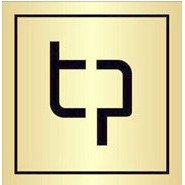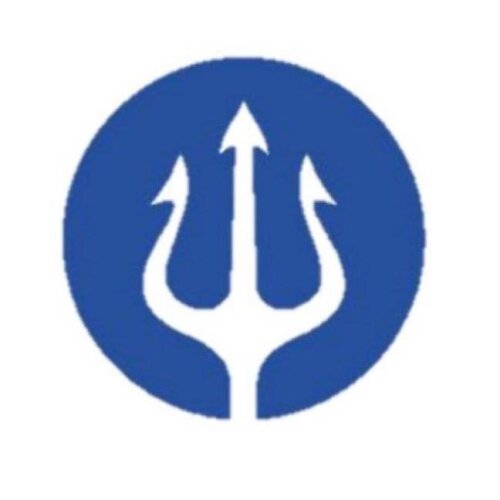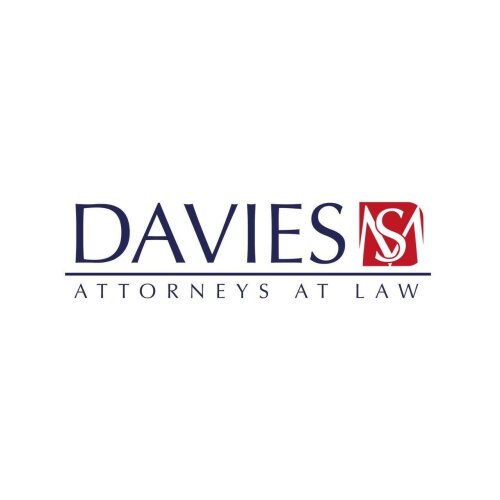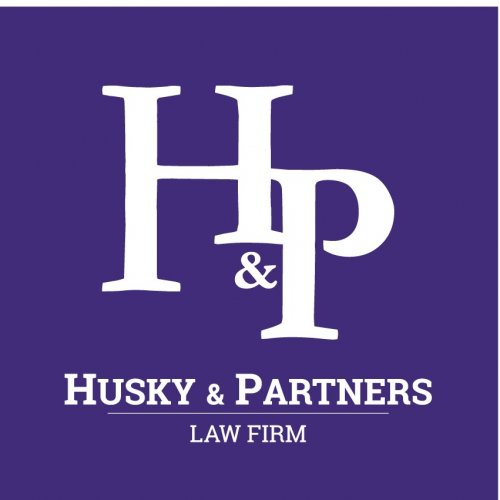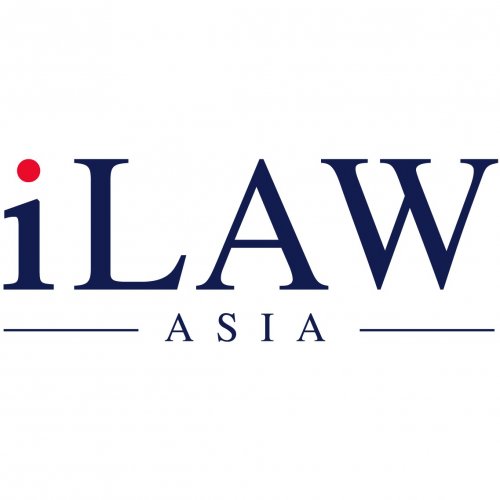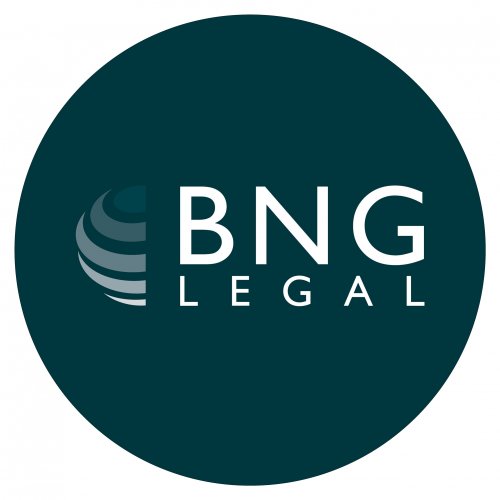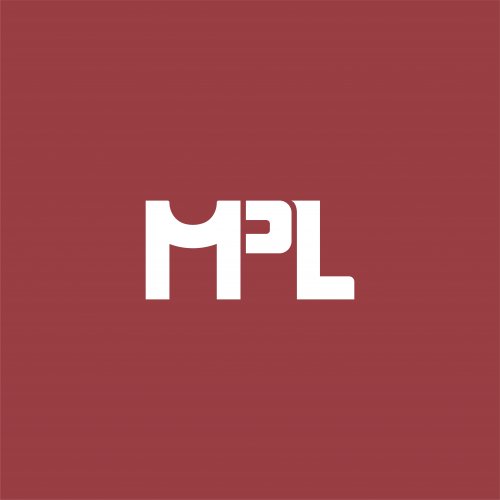Best Sanctions & Export Controls Lawyers in Phnom Penh
Share your needs with us, get contacted by law firms.
Free. Takes 2 min.
List of the best lawyers in Phnom Penh, Cambodia
About Sanctions & Export Controls Law in Phnom Penh, Cambodia
Sanctions and export controls are legal measures that regulate the movement of goods, technologies, and financial assets across borders. In Phnom Penh, Cambodia, these laws are shaped by a combination of domestic regulations and commitments to international agreements. The primary objective is to maintain national security, uphold Cambodia’s obligations as a member of the United Nations, and promote the country’s economic interests. Regulations may affect a variety of transactions, including the import and export of sensitive goods, dual-use items, and engagement with countries or entities subject to international sanctions.
Why You May Need a Lawyer
Navigating sanctions and export control laws can be complex, especially as they involve both Cambodian and foreign regulations. Common scenarios where a lawyer’s expertise is essential include:
- Ensuring compliance when exporting or importing controlled goods and technologies
- Dealing with customs detentions or seizures related to suspected violations
- Responding to investigations or enforcement actions from Cambodian or international authorities
- Advising companies on restricted transactions and due diligence requirements
- Handling business operations with entities or countries subject to sanctions
- Applying for export licenses or permits from relevant ministries
- Understanding how new or updated laws may affect business practices
- Developing and implementing internal compliance programs
- Appealing or disputing penalties or enforcement actions
Legal professionals can help ensure compliance, mitigate risks, and avoid potentially costly penalties for violations of sanctions or export control laws.
Local Laws Overview
Cambodia’s sanctions and export controls framework is governed by a mix of national laws and international commitments:
- Export and Import Regulations: The key Cambodian legislation includes the Law on the Management of Quality and Safety of Products and Services, as well as customs and excise regulations. These laws govern the movement of goods, including restricted and dual-use items.
- Sanctions Implementation: Cambodia enforces sanctions primarily as required under United Nations Security Council Resolutions. The Ministry of Foreign Affairs and International Cooperation is responsible for implementing these measures.
- Export Controls: Certain goods, such as weapons, chemicals, pharmaceuticals, telecommunications equipment, and cultural artifacts, are subject to strict controls. Exporters must often obtain licenses from various government ministries.
- Penalties: Violations of export controls or sanctions laws can result in a range of penalties, including fines, revocation of business licenses, and, in some cases, criminal prosecution.
- International Cooperation: Cambodia collaborates with ASEAN and international partners to align its policies, but there may be differences from other jurisdictions. It is important to consider both Cambodian and international requirements when conducting cross-border transactions.
Individuals and businesses must ensure they understand which goods, services, and destinations fall under restricted categories, as well as the procedures for legal export or import.
Frequently Asked Questions
What are export controls in Cambodia?
Export controls are legal measures that regulate the transfer of goods, technologies, or information to international markets. In Cambodia, specific items such as weapons, sensitive technologies, or endangered wildlife face export restrictions and require permits.
Who regulates sanctions and export controls in Cambodia?
The Ministry of Foreign Affairs and International Cooperation, the General Department of Customs and Excise, and sector-specific ministries oversee sanctions and export controls in Cambodia.
Are there penalties for violating export controls?
Yes. Violations can result in fines, confiscation of goods, suspension or revocation of business licenses, and, in some cases, criminal proceedings.
What goods require export licenses in Cambodia?
Common items that may require licenses include arms and explosives, pharmaceuticals, chemicals, antiquities, and certain electronic or telecommunications equipment.
How does Cambodia implement international sanctions?
Cambodia enforces international sanctions, particularly those mandated by the United Nations Security Council. The government may prohibit trade or business with certain countries, individuals, or entities.
How can I check if my product is subject to export controls?
You can consult the relevant line ministry, such as the Ministry of Commerce, or seek advice from a legal professional experienced in export control matters for guidance on specific goods.
Do sanctions affect financial transactions in Cambodia?
Yes. Financial and banking transactions with sanctioned individuals or entities are prohibited. Banks conduct due diligence and report suspicious transactions in accordance with Cambodian anti-money laundering laws.
Can a foreign business operating in Cambodia be affected by local export controls?
Yes. Both domestic and foreign businesses in Cambodia must comply with the country's export control and sanctions regime for any activities conducted within Cambodian territory.
What steps should I take if my goods are seized by customs?
You should immediately seek legal advice, communicate with the General Department of Customs and Excise, and provide necessary documentation to demonstrate compliance or resolve any violations.
How often do sanctions and export control laws change in Cambodia?
Regulations can change in response to international developments or government policy updates. It is important to stay informed of legal changes and seek updates from official sources or legal counsel.
Additional Resources
- Ministry of Foreign Affairs and International Cooperation: Primary authority for implementing international sanctions.
- General Department of Customs and Excise: Responsible for border inspections and enforcement of controlled goods.
- Ministry of Commerce: Manages trade regulations, including special export and import licenses.
- Cambodian Bar Association: Offers directories of qualified lawyers specializing in trade and sanctions law.
- Embassy Legal Sections: Foreign embassies in Phnom Penh can sometimes provide guidance or refer to local resources for international matters.
- United Nations Country Team in Cambodia: A resource for understanding current international sanctions in effect.
Next Steps
If you need legal assistance with sanctions or export controls in Phnom Penh, Cambodia, consider the following steps:
- Gather all relevant documentation, including product details, transaction records, and correspondence with authorities.
- Identify the specific legal issue, such as licensing, detained goods, or compliance checks.
- Contact a lawyer or legal firm experienced in sanctions and export controls law. The Cambodian Bar Association can help locate qualified professionals.
- Ask your lawyer to review the relevant regulations, assess compliance requirements, and represent you in dealings with government authorities if necessary.
- Monitor official resources for updates on laws, new sanctions, or regulatory changes.
Being proactive, informed, and consulting with a local legal expert ensures you navigate the complexities of Cambodian sanctions and export control regulations safely and effectively.
Lawzana helps you find the best lawyers and law firms in Phnom Penh through a curated and pre-screened list of qualified legal professionals. Our platform offers rankings and detailed profiles of attorneys and law firms, allowing you to compare based on practice areas, including Sanctions & Export Controls, experience, and client feedback.
Each profile includes a description of the firm's areas of practice, client reviews, team members and partners, year of establishment, spoken languages, office locations, contact information, social media presence, and any published articles or resources. Most firms on our platform speak English and are experienced in both local and international legal matters.
Get a quote from top-rated law firms in Phnom Penh, Cambodia — quickly, securely, and without unnecessary hassle.
Disclaimer:
The information provided on this page is for general informational purposes only and does not constitute legal advice. While we strive to ensure the accuracy and relevance of the content, legal information may change over time, and interpretations of the law can vary. You should always consult with a qualified legal professional for advice specific to your situation.
We disclaim all liability for actions taken or not taken based on the content of this page. If you believe any information is incorrect or outdated, please contact us, and we will review and update it where appropriate.



